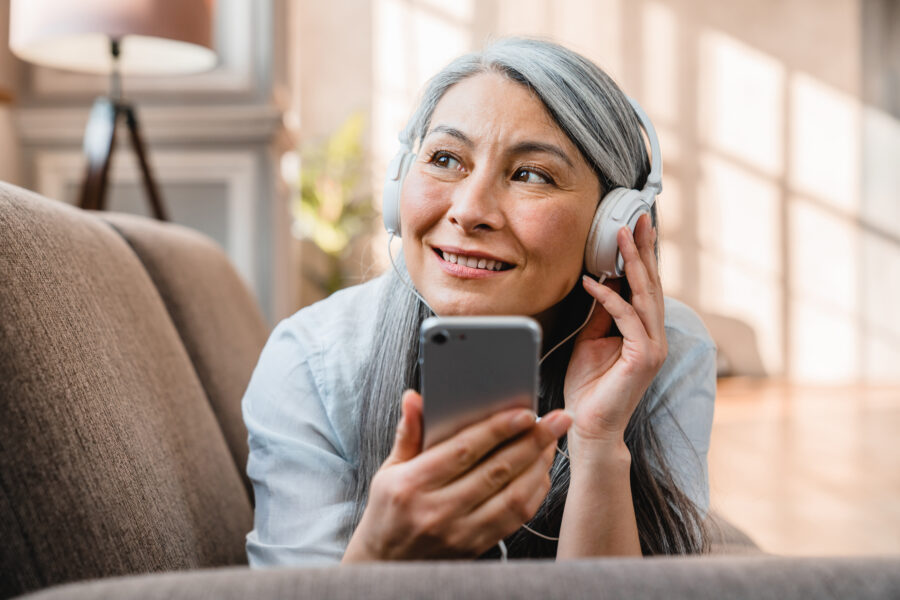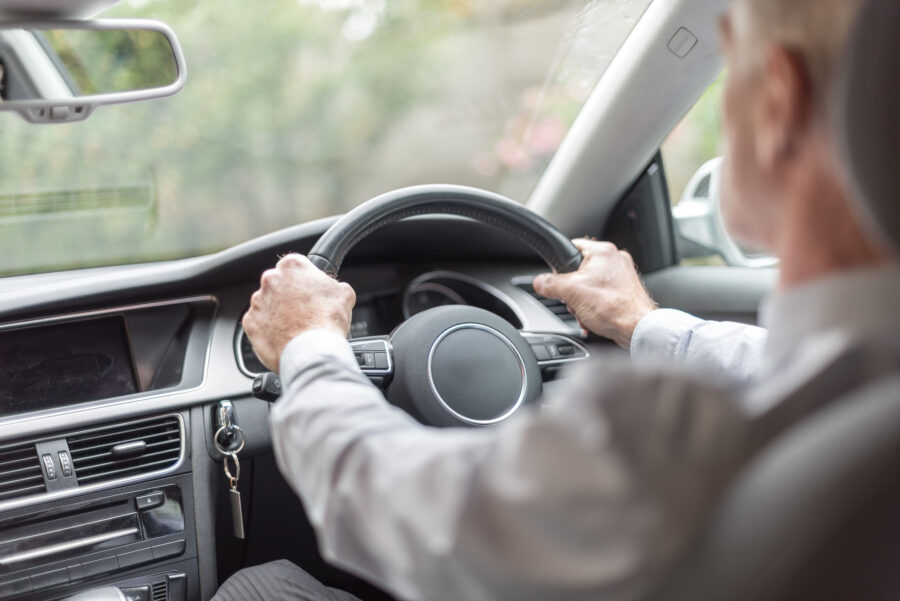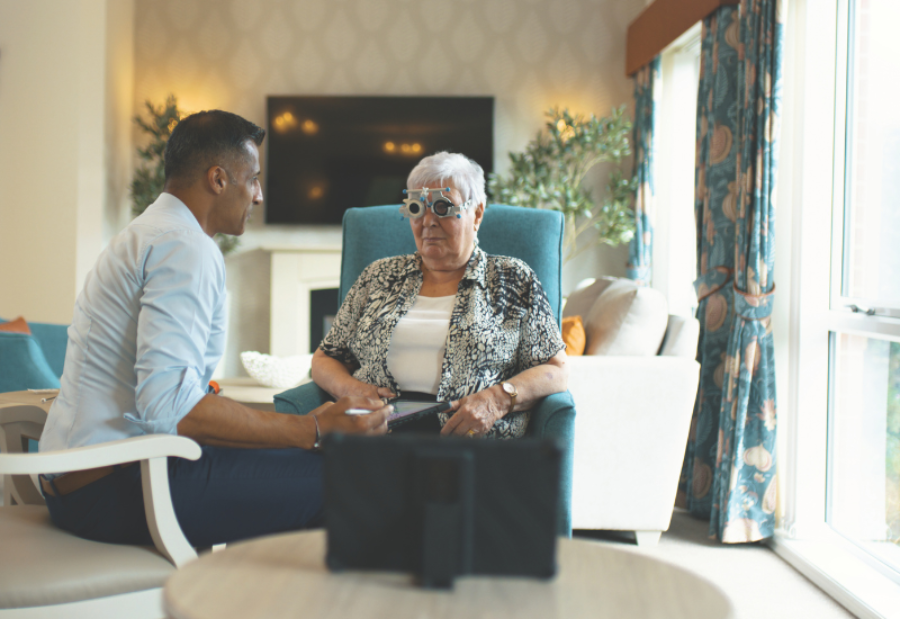Blog post
5 Ways Better Eyesight and Hearing can Help Prevent Falls
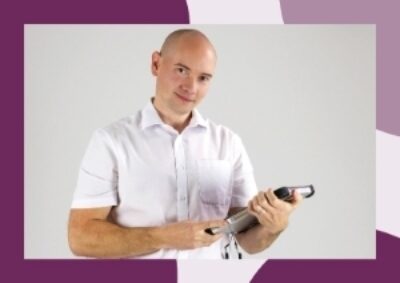
Matthew Burford BSc(Hons) Optometry MCOptom - Domiciliary Optician and Professional Services Manager at OutsideClinic
5 minute read
Statistics reveal that 30% of individuals aged 65 and older, and over 50% of those aged 80 and above, experience at least one fall a year. The consequences often go beyond physical injuries to serious psychological impacts, such as reduced confidence in walking, or reluctance to leave home. In turn this has an impact on the next of kin and adds to the strain on NHS services.
Good hearing can alert an individual to an approaching bicycle's bell, a shouted warning about a wet floor or the sound of a pet scurrying underfoot. While with clear eyesight, individuals can help spot uneven pavements, identify obstacles in dim lighting or discern the edge of a step.
“While medical care is essential, balance and fall prevention is about lifestyle. It’s important to understand the daily lifestyle, environment and unique challenges that our customers face every day,”
- Matthew Burford, Optometrist and Professional Services Manager at OutsideClinic
Ability to perceive depth effectively
A lack of accurate depth perception can lead to misjudgements, making tasks like descending stairs risky.
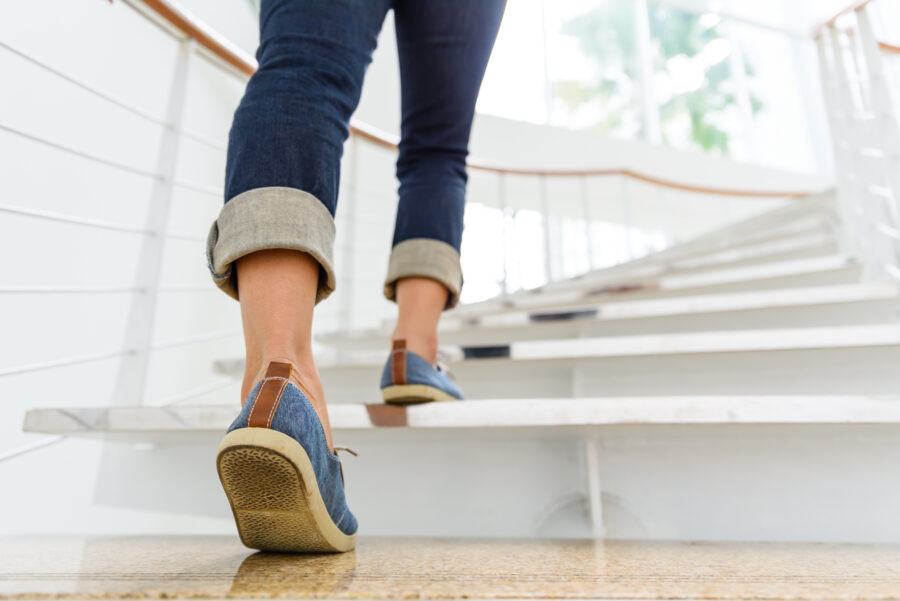
Ability to distinguish visual contrasts
Good eyesight allows individuals to discern contrasts better, helping them detect potential trip hazards. For instance, being able to differentiate between a dark stair and its slightly lighter edge can be crucial in preventing a misstep. It's worth noting that conditions like cataracts can affect this ability. Cataracts often make colours appear faded and reduce the overall contrast, making it harder to identify boundaries or subtle differences in the environment.
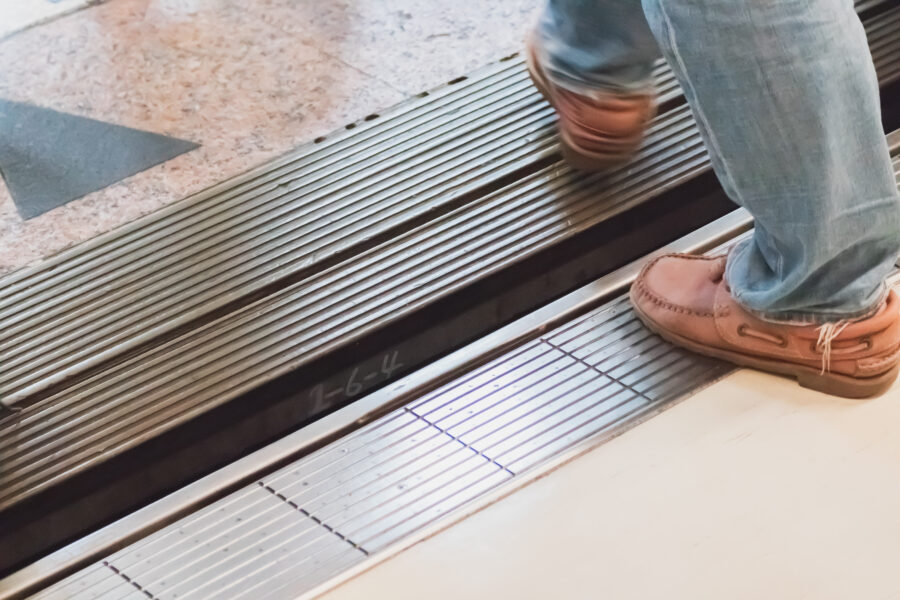
Better detection of obstacles in peripheral vision
The edges of our visual field, or peripheral vision, alert us to obstacles or movements on the side, even if we're not directly looking at them. This is especially crucial when moving through unfamiliar environments or crowded spaces. However, conditions like glaucoma can compromise this vision. Glaucoma often affects peripheral vision first, narrowing the field of view and making it harder to detect potential hazards on the side.
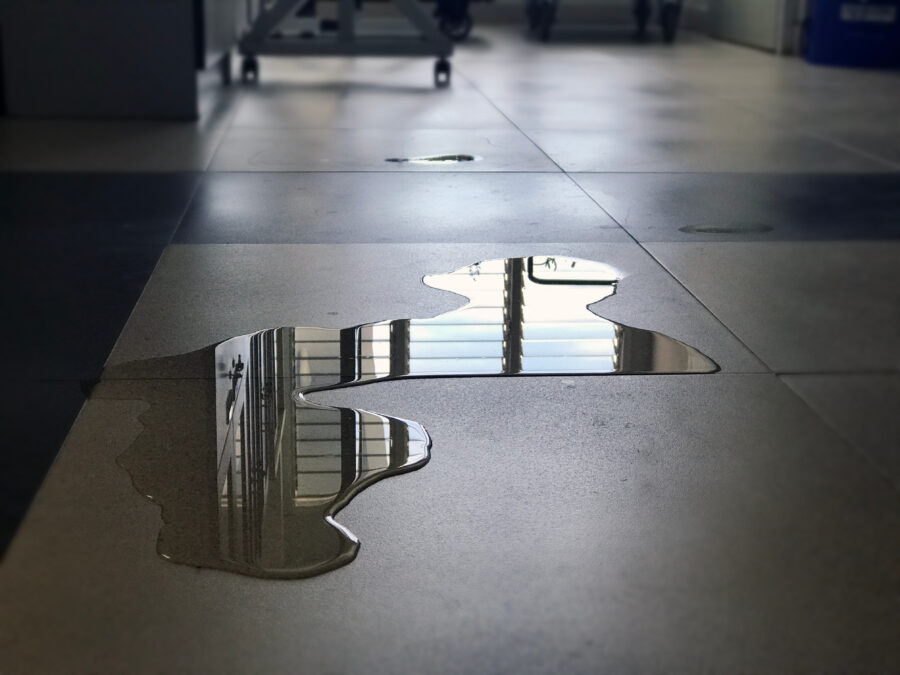
The body's internal balance system
Our inner ear is vital for balance. We have tiny structures in our eyes which contain fluid and tiny hair cells. When we move our head, the fluid moves, bending these hair cells. This movement sends signals to the brain about our head's position, helping maintain balance. If these structures get damaged or if there's an issue with the fluid, it can lead to dizziness or balance problems.
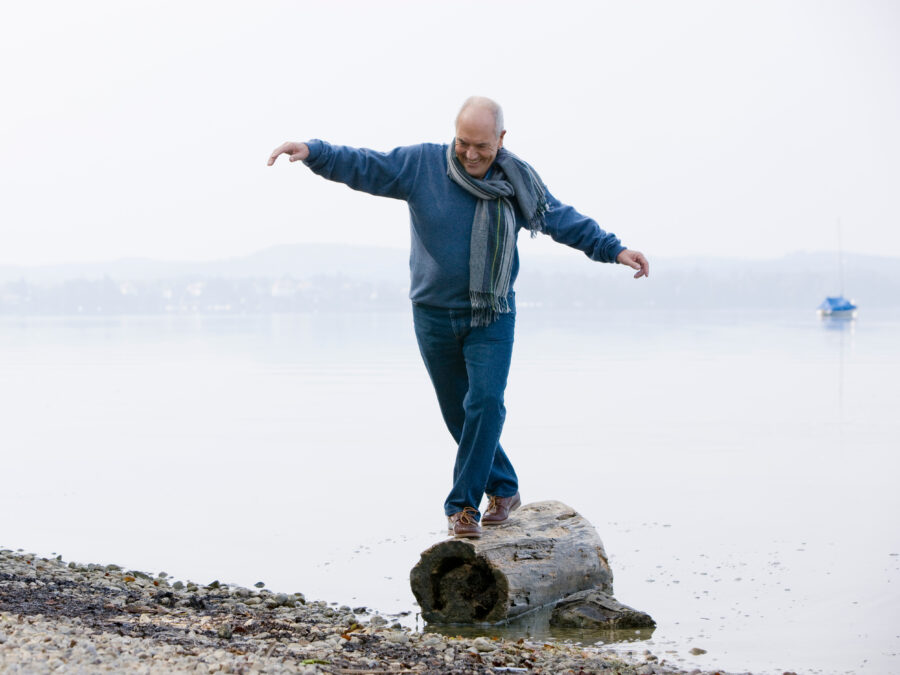
Awareness of your environment
The rustle of leaves can indicate wind direction, while the echo of footsteps might tell us about the size and acoustics of a room. These auditory cues provide context and can alert us to potential hazards, like an approaching vehicle or a shouted warning.

By conducting eye and hearing tests in individuals' homes and care homes, we get an insight into the wide range of environments our patients live in.
By seeing the patient’s everyday environment, we can offer glasses or hearing aids best suited to the patient’s lifestyle and surroundings. After all, there's no one-size-fits-all in ensuring optimal eye and hearing health.

By Matthew Burford BSc(Hons) Optometry MCOptom - Domiciliary Optician and Professional Services Manager at OutsideClinic
Matthew graduated from Aston University in 2004 with a degree in Optometry.

